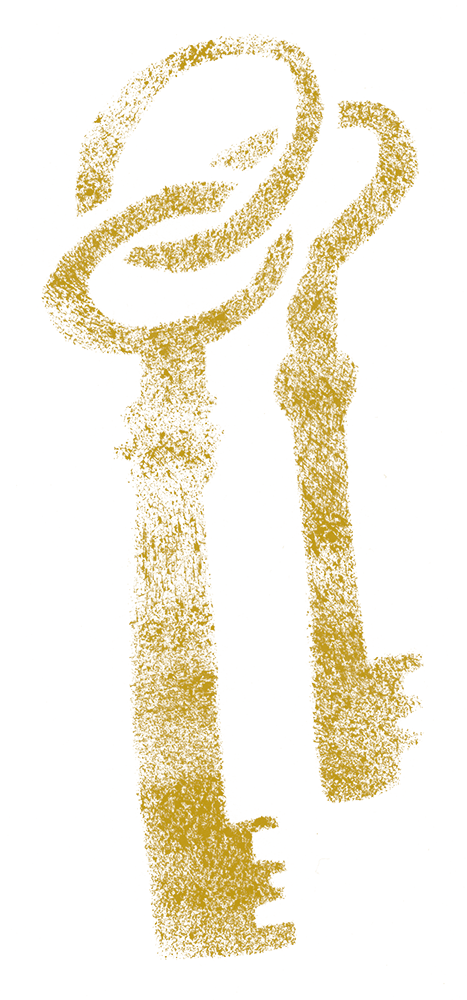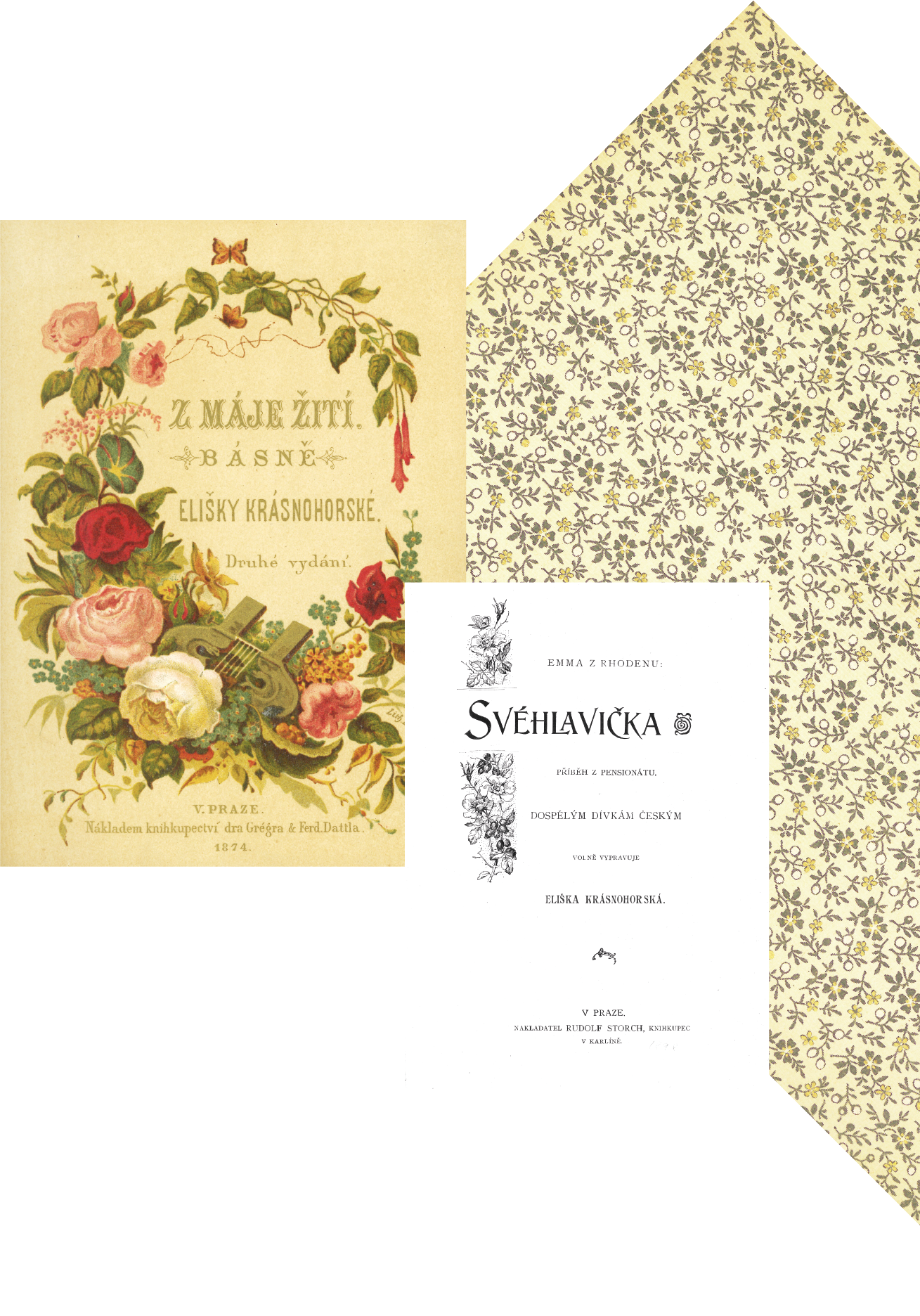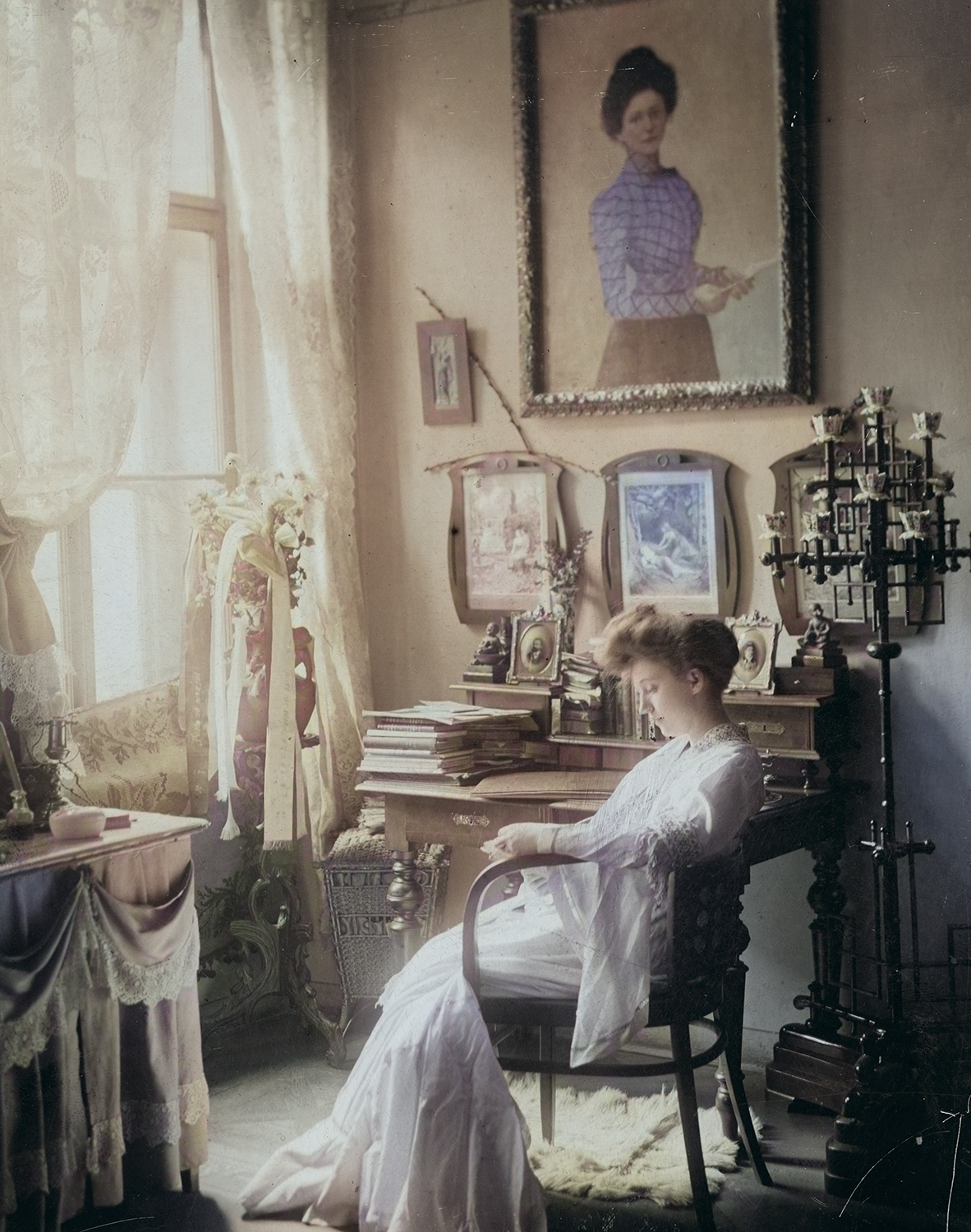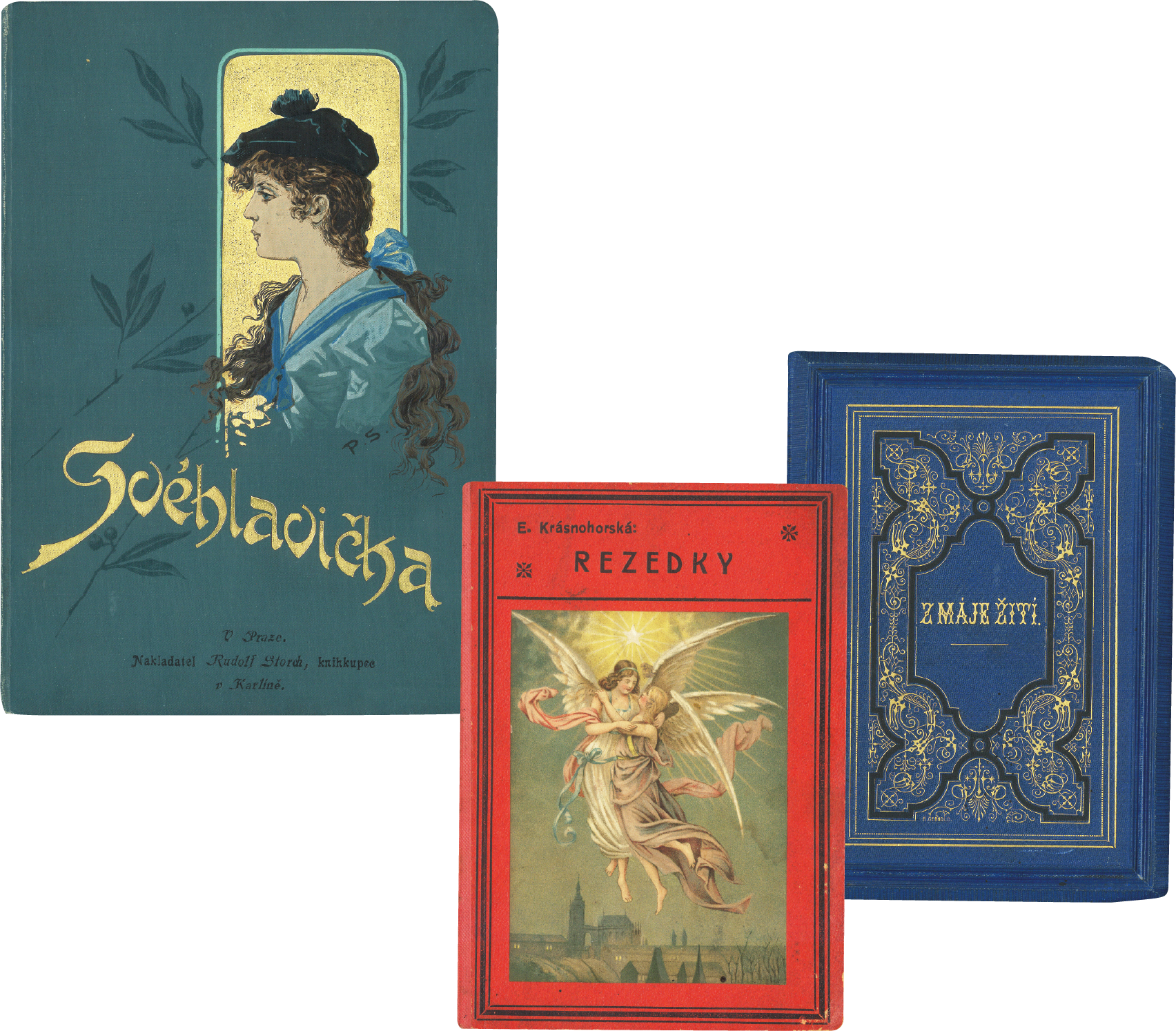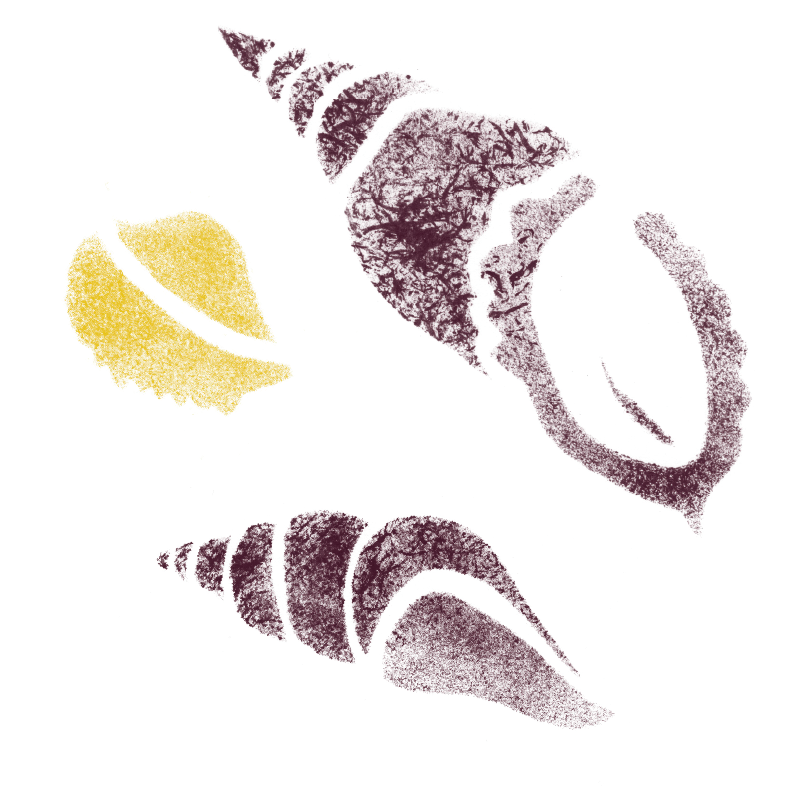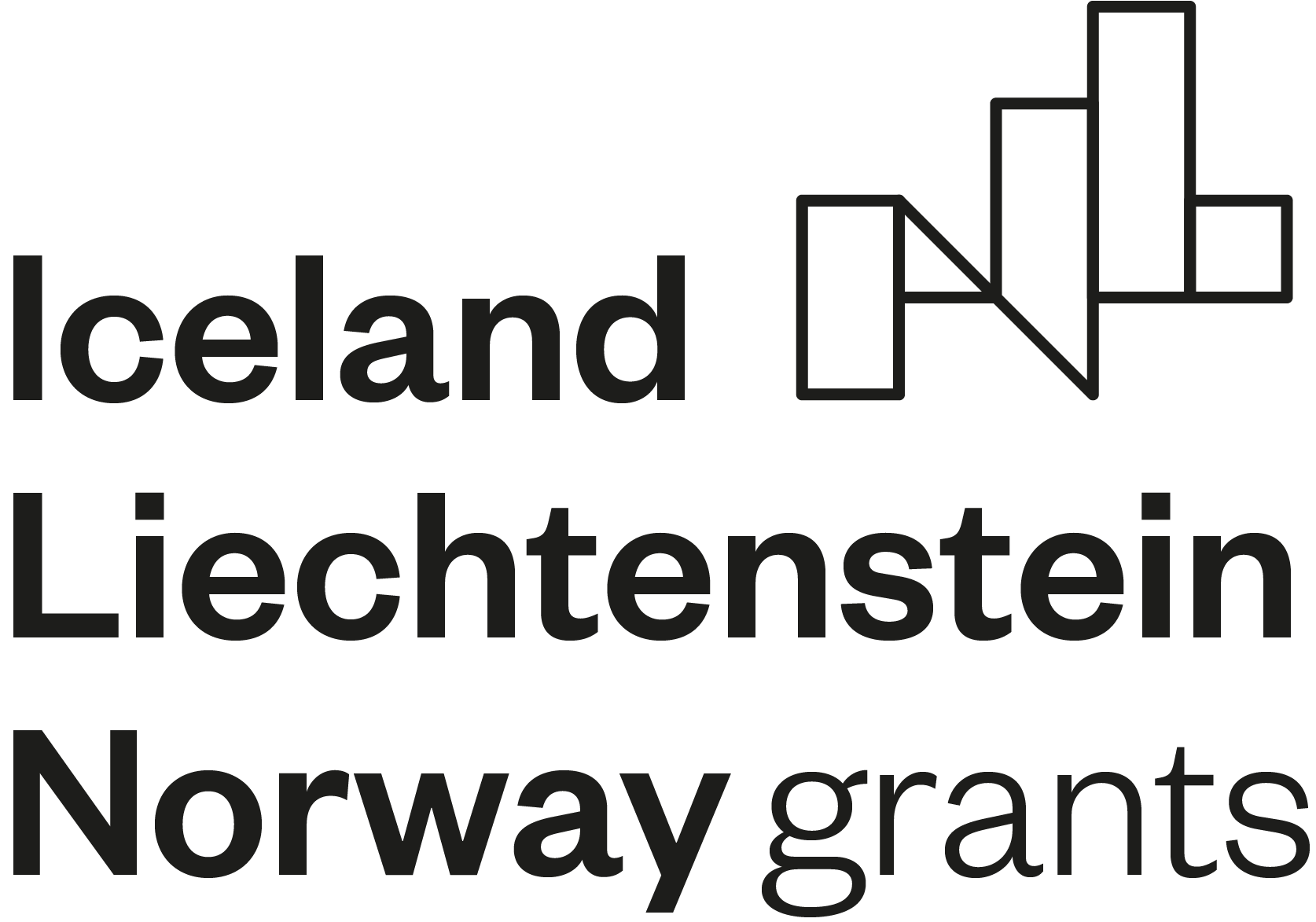▲
Marie Calma Veselá in her room, Literary Archive of the Memorial of National Literature
Women Can...
Decide For Themselves
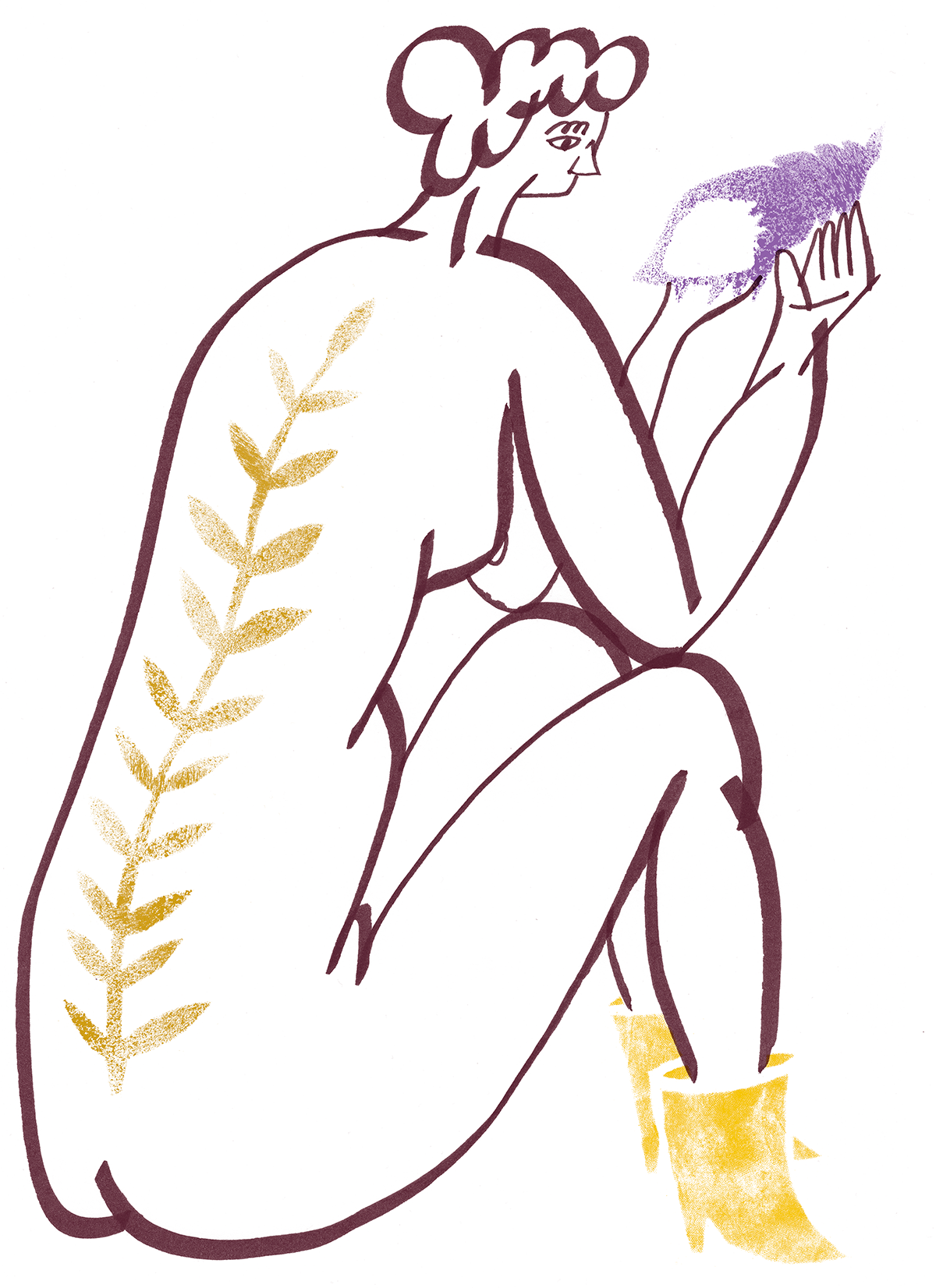
- Women’s lives have long been shaped by their fathers, brothers or guardians in various areas of life, such as social status, housing, partnership, career choice, health and physicality.
- It was not until the emergence of civil society after 1848 that women began to penetrate social strata other than those into which they were born.
- It was not permissible for a woman to live alone. However, there were gradually more and more cases of women living in shared housing without male supervision. For example, at the age of twenty-seven, Eliška Krásnohorská decided to stand on her own feet, move from Pilsen to Prague and live independently of her family.
- A partnership was not possible without the consent of a father, brother or guardian until the First Republic. Education also emancipated women in matters of partner life and sexuality.
- Women were also able to decide on their own profession thanks to teachers’ institutes. These secondary teachers’ schools were founded from 1849. However, the realisation of this profession was complicated by the celibacy of female teachers, which was abolished only in 1919.
- The issue of housing for single working women was not systematically addressed until the 1930s (when, for example, the Women’s Homes in Smíchov were established).
- Until 1950, the regulations of the Austro-Hungarian Code stipulated that the man had the main say in the family. It was not until the new Family Act that it was established that women and men have equal rights and duties in a marriage, they share the responsibility for upbringing of children and that material property belongs equally to spouses.
- Queer women’s relationships were invisible, they were not part of a public discussion, and public silence about homosexuality began to break in Czechoslovakia only after its decriminalisation in 1961.
- Liberalisation in the area of reproductive rights has been taking place since the late 1960s (availability of contraception and abortion). However, making decisions about one’s body and sexuality is still not a given for everyone in the Czech Republic (evidence of that are ongoing forced sterilisation, taboos around sexual and gender identity or sexualised violence).
